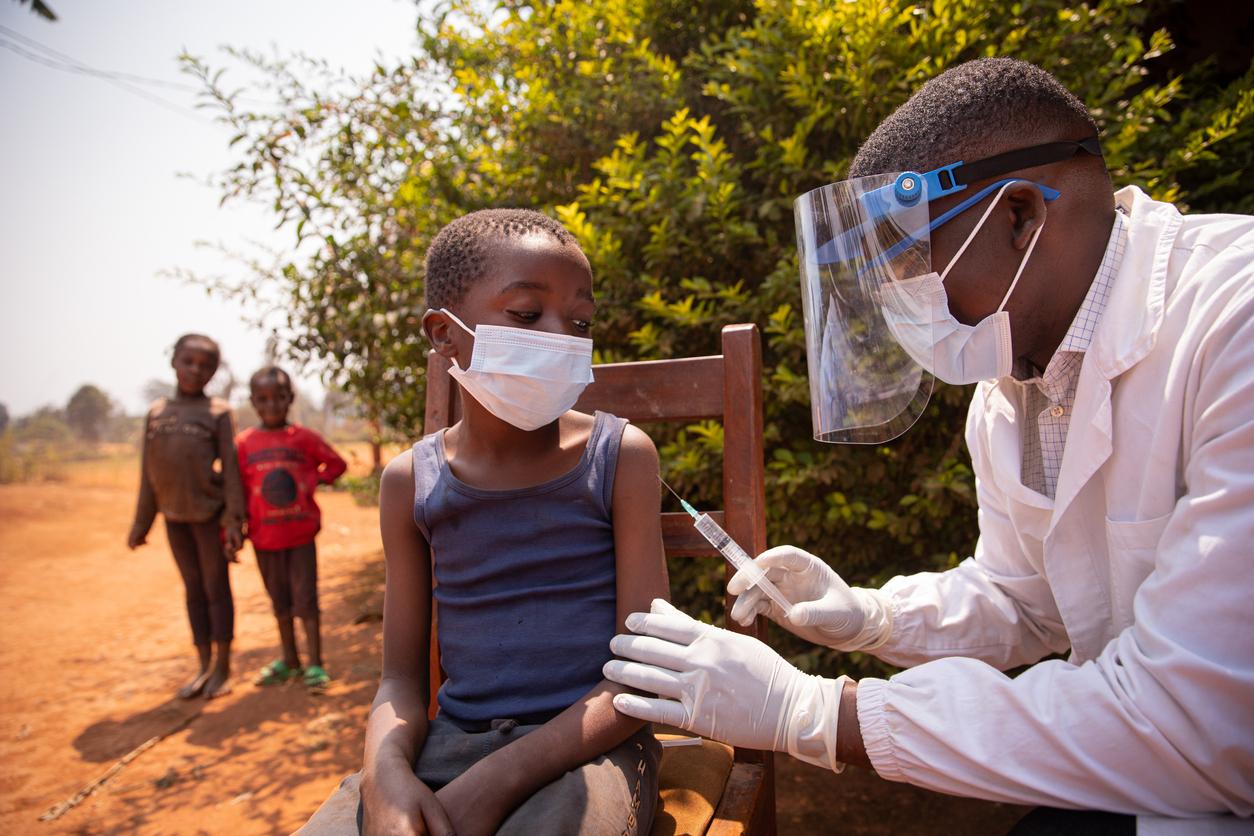WHO, Unicef and WFP are calling on States to redouble their efforts to help a population hit by war, hunger and cholera.

Yemen is on the edge of the abyss. Ravaged by two years of conflict, the country is the victim of an unprecedented cholera epidemic and suffers from famine and thirst. With one voice, Unicef, the World Food Program (WFP) and the World Health Organization (WHO) are raising a cry of alarm. Members of these 3 United Nations agencies crossed the country for 3 days to see for themselves the scale of the humanitarian crisis and to intensify their efforts to help the Yemeni population.
“The country is on the verge of famine. More than 60% of the population do not know when their next meal will come, the delegation said. Nearly 2 million children suffer from malnutrition, which makes them more vulnerable to cholera. A disease that causes even more malnutrition. It’s a vicious circle “.
A country victim of all the scourges
In the past 3 months, nearly 400,000 people have reportedly been infected with cholera, and 1,900 have died. Children are among the first victims. “In one hospital we visited, children were barely able to muster enough strength to breathe,” she said.
While crossing the governorates of the country, the delegation was also able to observe the state of dilapidation of Yemen. Many health infrastructures and water purification stations have been destroyed, leaving the population without drinking water and access to healthcare. “More than 30,000 caregivers have not received their salaries for 10 months, but many continue to work,” she said. We asked the Yemeni authorities to pay them as soon as possible because, without them, we fear that patients, who could have survived, will die”.
The garbage collectors have also not received their salaries for months. Result: waste litters the streets of Yemeni cities, promoting the spread of cholera.
Get out of the crisis
To alleviate this catastrophic situation, some 1,000 cholera treatment or rehydration centers have been built by the WHO but also NGOs such as Médecins Sans Frontières (MSF). “In the midst of this chaos, 16,000 volunteers are going from house to house to teach families how to protect themselves from this diarrheal disease,” adds the delegation.
Despite this sad picture, the members of these agencies are optimistic. “More than 99% of patients who have access to care now survive,” they noted. Nevertheless, “Yemen needs an unprecedented humanitarian response. Our agencies have brought together the Yemeni authorities and other partners to coordinate our actions,” they explain, indicating that they have asked the belligerents to find “a peaceful political solution to the conflict”.
“We also call on the international community to redouble its efforts. If we fail, the disaster we see unfolding before our eyes will continue to claim victims and mark future generations for years to come,” the three UN agencies warned.
.
















